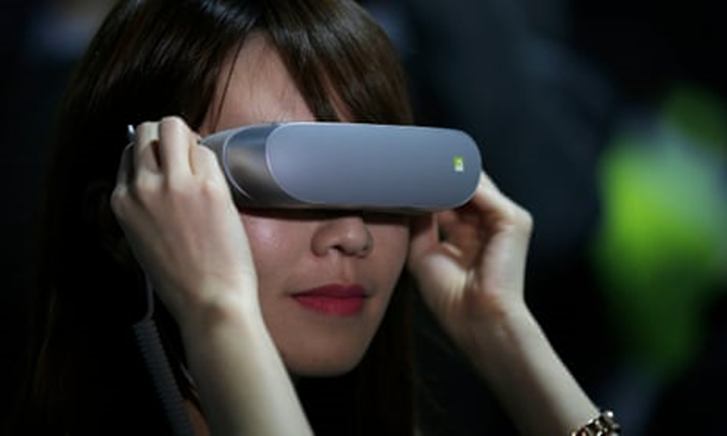Samsung and LG are collaborating with Qualcomm to enter the extended reality (XR) market. These companies are developing XR devices based on Qualcomm chips, aiming to compete with Apple’s Vision Pro. While specific launch dates have not been confirmed, they are expected to enter the market in the first half of next year, with Qualcomm unveiling next-generation XR chips in early 2024.

What do we think? Samsung was one of the first to offer a VR headset powered by a user’s smartphone. LG offered the LG 360 designed to connect with smartphones via USB-C, so neither company are new to the field and have some valuable user experience data. That they want to go forward with Qualcomm on a future VR/MR whatever headset speaks favorably of Qualcomm’s XR chipset.
Samsung, LG, and Qualcomm enter the XR market with next-generation chip deployment
Samsung Electronics and LG Electronics have joined forces with Qualcomm to venture into the extended reality (XR) market. These companies are working on XR devices utilizing Qualcomm chips, as they aim to compete in the burgeoning XR industry, spurred by Apple’s Vision Pro.
Qualcomm’s VP and head of XR Division, Hugo Swart, confirmed the collaboration at the company’s Snapdragon Summit in Hawaii, highlighting LG’s diverse expertise and mentioning that LG is engaged in the glasses sector.
Samsung, Qualcomm, and Google announced an XR alliance in February, with both Samsung and LG expected to enter the market in the first half of next year, and Qualcomm having unveiled its next-generation XR chips in early 2024.
Swart said, “We plan to unveil the next-generation XR chip in the first quarter of next year [with] the launch of the third-generation chip, which is more advanced than the chip installed in the Meta Quest.”
These chips are anticipated to offer advanced graphics, AI capabilities, and video see-through (VST) functions. The collaboration with LG indicates a broader range of XR device options, including products that resemble eyeglasses.
Swart said, “2024 will be the year of full-scale growth for virtual reality and augmented reality devices,” with continued growth during the next two to five years.